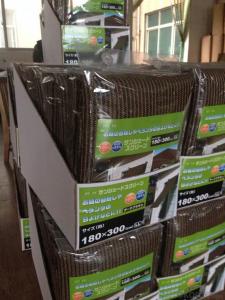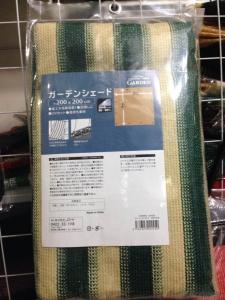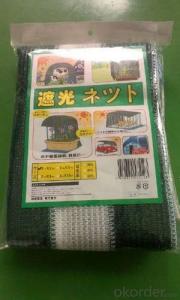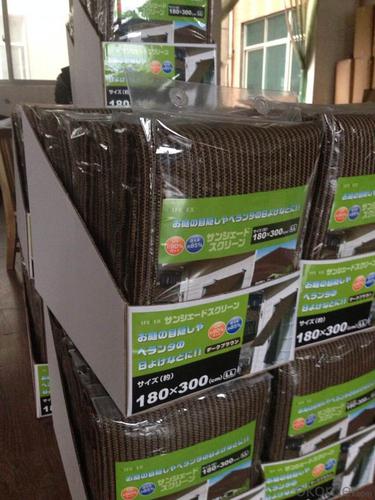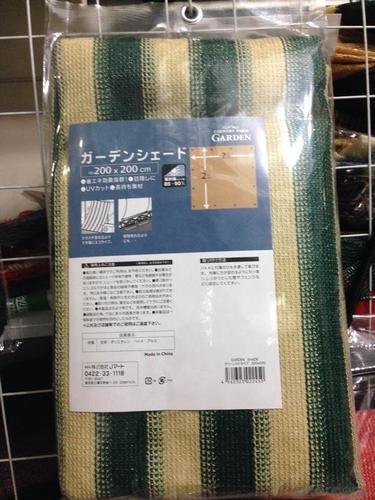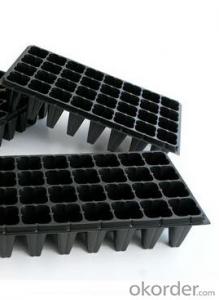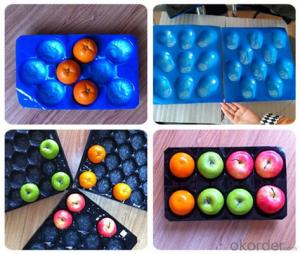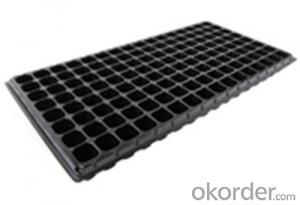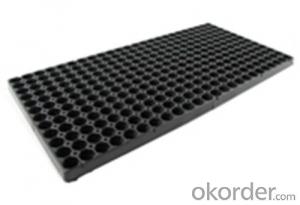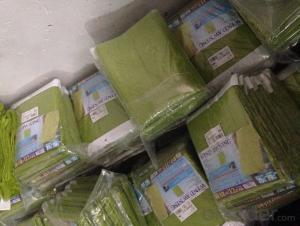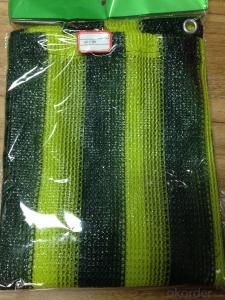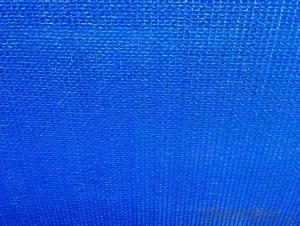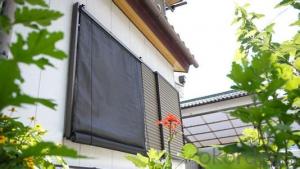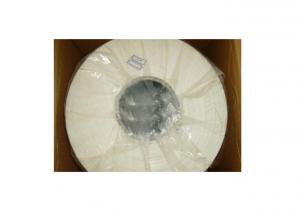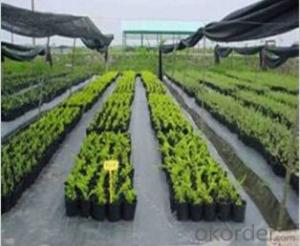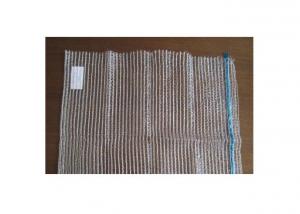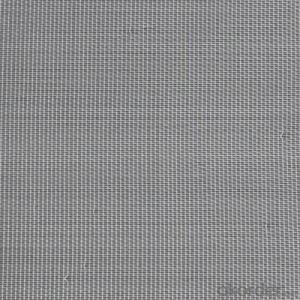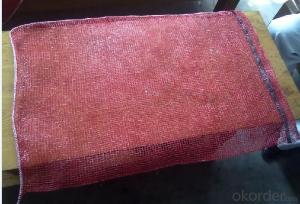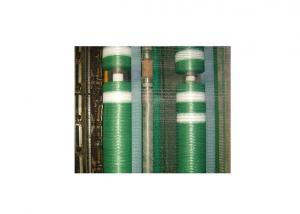ECO-Friendly Shade Net Export to Japan
- Loading Port:
- China Main Port
- Payment Terms:
- TT OR LC
- Min Order Qty:
- -
- Supply Capability:
- -
OKorder Service Pledge
OKorder Financial Service
You Might Also Like
Specifications
balcony privacy net
1.Material:100% new HDPE,UV
2.Weight:120~220gsm
3.Useful life:3~5 years
4.balcony net factory price
balcony privacy net/shade net/window net
--product description
Product | balcony privacy net/shade net/window net |
Brand Name | XINH-GL-80 |
Material | 100% new HDPE with UV,long service life |
Color | Green,yellow,blue,gray (as your request) |
Weight/sqm | 120~220gsm |
Size | Width:0.5m-3m, Length: as your request |
Samples | 1). sample time: Within 7-15 days. |
2). Sample charge: According to product details. | |
3). Sample refund: Negotiable | |
4). Send sample: Via TNT, UPS, FedEx, DHL Express | |
Sample is free for you to test the quality | |
Payment | T/T, L/C |
Delivery Time | Within 20 days after getting the deposit |
| | |
| | |
| | |
| | |
| | |
| | |
| | |
| | |
- Q: Are agricultural plastic products resistant to UV rays?
- Yes, agricultural plastic products are designed to be resistant to UV rays. This is important as UV radiation from the sun can cause degradation and deterioration of the plastic over time. To ensure longevity and durability, agricultural plastics are typically manufactured with UV stabilizers or additives that help protect against the harmful effects of UV rays.
- Q: Can ground cover replace traditional lawn grass?
- Yes, ground cover can be a suitable alternative to traditional lawn grass. Ground cover plants such as clover, thyme, or creeping thyme can provide a low-maintenance, eco-friendly option that requires less water, fertilizer, and mowing compared to traditional grass. Additionally, ground cover can help prevent soil erosion, attract beneficial insects, and add aesthetic value to the landscape.
- Q: I just bought a used 2003 CRF150F and the plastics are banged up a bit. I was wondering where I could find some new graphics or plastics. I like the stock plastics if they are for sale anywhere. I also like the Woody Woodpecker graphics. UFO plastics look good as well. Thanks.
- You okorder /
- Q: Where can nursery trays be purchased?
- Nursery trays can be purchased at various places such as gardening supply stores, online retailers, plant nurseries, and even some home improvement stores.
- Q: This question asks about the impact of agricultural plastic products on soil quality, including their effects on soil structure, fertility, and environmental implications.
- <p>Agricultural plastic products, such as mulch films and greenhouse covers, can have both positive and negative effects on soil quality. Positively, they can help retain soil moisture, increase temperature for crop growth, and suppress weed growth. However, the negative impacts are significant. They contribute to soil degradation by altering soil structure, reducing water infiltration, and impeding gas exchange, which can lead to compaction and reduced aeration. Additionally, the decomposition of plastics releases microplastics and chemicals that can contaminate soil and affect microbial activity, potentially disrupting nutrient cycling and soil fertility. The accumulation of non-degradable plastics can also lead to a physical barrier that hinders root growth and the natural turnover of organic matter in the soil.</p>
- Q: Is it possible to utilize agricultural plastic mulch as a method to prevent soil erosion?
- <p>Yes, agricultural plastic mulch can be used to prevent soil erosion. It helps by reducing the impact of raindrops on the soil surface, thus decreasing the detachment and splashing of soil particles. The mulch also slows down the velocity of surface runoff, which is a major factor in soil erosion. By reducing runoff velocity, plastic mulch can minimize the erosion process. Additionally, it can improve soil structure and fertility, which indirectly contributes to better soil stability and reduced erosion. However, it's important to note that plastic mulch is not a complete solution and should be used in conjunction with other erosion control practices.</p>
- Q: non microwaveable plastic bowls, heard someone say something jw
- HI, My bf doesent letme use plastic wrap or bowls in the microwave exactly for that reason. I think it is believed to cause cancer, but these days what doesent cause it? Moderation is the key to all.
- Q: Can ground cover prevent weeds from growing?
- Yes, ground cover can prevent weeds from growing. Ground cover plants form a dense and low-growing mat that shades the soil, making it difficult for weed seeds to germinate and grow. Additionally, ground cover plants compete with weeds for resources like sunlight, water, and nutrients, further inhibiting weed growth.
- Q: What are some low-maintenance ground cover options?
- Some low-maintenance ground cover options include creeping thyme, moss, sedum, and vinca minor. These plants require little care and can help suppress weeds while adding beauty to your garden.
- Q: How do agricultural plastic products improve crop quality?
- Agricultural plastic products improve crop quality by providing a controlled environment for plants, protecting them from pests, weeds, and extreme weather conditions. They also enhance water management, prevent soil erosion, and reduce the need for chemical applications. Additionally, plastic mulch and covers create a warmer microclimate, promote early seed germination, and increase crop yields.
Send your message to us
ECO-Friendly Shade Net Export to Japan
- Loading Port:
- China Main Port
- Payment Terms:
- TT OR LC
- Min Order Qty:
- -
- Supply Capability:
- -
OKorder Service Pledge
OKorder Financial Service
Similar products
Hot products
Hot Searches
Related keywords
